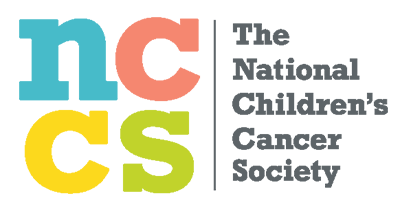
Self-care may feel like a selfish choice as you and your child face the challenges of the diagnosis and treatment, however, it is truly essential to help you perform all of the additional responsibilities and tasks associated with caring for your child. Including self-care as a priority for yourself leads to meeting the needs of all family members involved.
Marcie, the mother of Chase, who was diagnosed with leukemia at 6 years old, shared she has noticed a change in herself and her family once they started to practice better self-care. She acknowledges that “making sure to take time for myself, is so important for us mentally and physically. I notice a big difference in how I feel and my ability to be a good caregiver to my son. ”
Self-care aims to make meaningful and intentional positive changes that improve long-term overall health. Including healthy emotional, physical, and personal habits on a daily basis are key. These habits can be something as simple as brushing your teeth daily, following a sleep schedule, eating at least one healthy meal or snack a day, or even participating in a favorite activity. Integrating self-care into your daily routine increases your ability to cope with stressful situations, encourages a positive outlook, and improves overall health. As you feel more at ease, it is easier to take on the tasks of caregiving. Marcie shares: “It helps me be a better caregiver, wife, and mom to my other kids. It helps so I don’t get as stressed and am able to focus on taking care of everyone else.”
Including kids in self-care can create beneficial habits earlier in life that will hopefully carry on into adulthood. One way to help kids with self-care is by including it in your daily routine as a family. Create a schedule to spend quality time together, encourage hobbies, develop a bedtime routine, and talk to each other. Things like eating dinner together, watching a movie, going to the park, cooking together, using a meditation app, and journaling are all ways to integrate self-care into your family’s life. Reading together is another great way to spend quality time together. Below are positive read-aloud books that are recommended to promote self-care:
- “Unstoppable Me!” by Wayne W Dyer
- “The Busy Body Book: A Kid’s Guide to Fitness” by Lizzy Rockwell
- “The Pigeon Needs a Bath!” by Mo Willems

Letting your family, friends, and care team help you is vital. Take them up on the cup of coffee, or the offered meal to you. If it’s needed, even allow them to help with the household chores while you are away. People want to help and usually do not know what to do, so don’t be afraid to tell them what you need.
“Just knowing they are there if I need anything or if I need a break has been amazing. Like when Chase was in the hospital after his transplant my Dad would call every day to see if I needed anything brought to the hospital. It was what got us through that hard time. I would not have made it through everything without my family’s support.”
Self-care looks different for everyone and every family. It includes the physical, emotional, and spiritual aspects of your life. Phone apps are a great tool to help reach self-care goals. The NCCS also offers a private Facebook Support Group where members share experiences, offer support and encouragement, and provide tips to one another. Learning to “keep your cup full” is not always easy, but is so important in helping you be the best caregiver you can be for your child.

